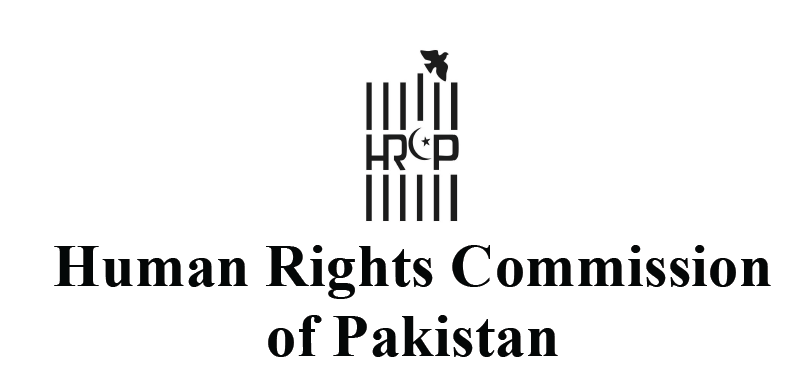
Almost 77 years after independence, Pakistan is not a country for any form of dissent or activism. In February 2024, political activist Hidayatullah Lohar was gunned down in Nasirabad by two assailants on a motorbike. Instead of allowing a peaceful sit-in to protest this murder, protestors were unfairly detained by the police.
A fact-finding report of the Human Rights Commission of Pakistan (HRCP) “reveals that the murder was most likely a targeted killing linked to Lohar’s nationalist activism, on account of which he had been forcibly disappeared twice.”
The factfinding mission “found this to be a credible assumption” and “noted with concern the police’s initial reluctance to register an FIR naming specific individuals as the accused—despite testimonies from Lohar’s family and CCTV footage of the incident—until a court order directed this be done almost two weeks after the murder.”
The HRCP called upon the Sindh government “to ensure that the murder is investigated transparently and independently of any external pressure. The protestors who were detained on holding a sit-in against the murder, including Lohar’s two sons, must be released unconditionally, and allowed to exercise their right to freedom of peaceful assembly.”
Further, “the Sindh government must compensate and protect Lohar’s family, given their vulnerability as vocal activists against enforced disappearances. The perpetrators of the murder must be brought to justice irrespective of any possible links to powerful quarters.”
![]()





